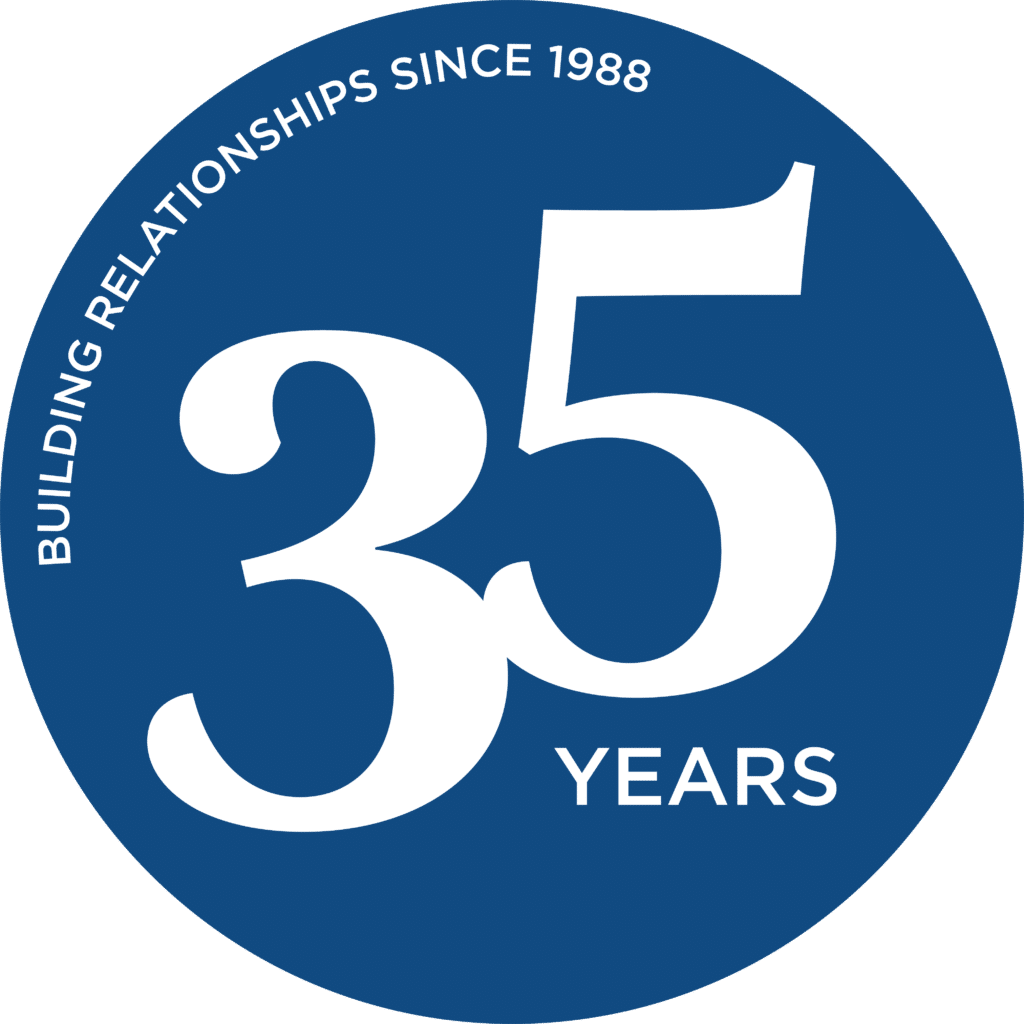Welcome to part two of our five-part thought leadership blog series, Elevating the Employee Experience for the New World of Work. Part one is here, and parts three through five are forthcoming.
We’ve all heard the adage, “employees don’t leave companies, they leave bad bosses.” I’ve always found this to be an oversimplification of why people resign. Sure, having a bad boss can be a reason that good talent seeks greener pastures, but what does it say about an organization that allows bad bosses to thrive and stay in their positions? Organizations typically hire or promote people into leadership positions based on their track record of achieving results. They are rewarded for doing a job well done as an individual contributor by being given the added responsibility of leading others. There is an inherent flaw with this model: Achieving results is a completely different skill set from those related to people leadership.
I recently met with the CEO of a local firm to discuss succession planning and leadership development. I asked him to describe the leadership traits that were rewarded in his organization. His response didn’t surprise me. He described the behaviors usually associated with measures aligned to expected results: meeting or exceeding business unit goals, managing to budget, and being strategically minded. In my follow up, I asked him to describe the leaders that made the biggest impact on his career and what made them so memorable. He leaned back in his chair, realizing immediately where I was going with my line of questioning. After a short pause, he described a mentor who inspired him and helped guide him through hidden landmines, and a former boss who was a coach that gave him opportunities to develop and hone his skills. He further elaborated by describing them as great communicators who could influence others and who were very resilient during times of uncertainty.
Without question, being able to achieve results is an important expectation. Leaders who cannot manage business expectations will ultimately fail. The other side of the leadership coin, however, is people. This requires leaders at all levels to be more emotionally intelligent by being aware of their own behaviors, building relationships, and comfortably navigating the needs of those around them—a completely different skillset from managing business outcomes. This is not a new concept, but it has never been more important than now.
The first half of 2020 has proven to be one of the most uncertain and disruptive times in recent memory. Between COVID-19 and the social justice protests, we are seeing a seismic shift in the relationship between employee and manager. Employees are no longer content with the status quo relationship they have had with their bosses. Working remotely for the past several months has created a new level of workplace familiarity. We’ve seen where we each live. We’ve gotten glimpses into each other’s lives. We know who has kids and who has pets. We’ve talked openly about our emotional wellbeing. This dynamic is not going to change when a vaccine will allow life to return to normal.
Things like empathy, communication skills, and inspirational leadership are no longer playing second fiddle to achieving goals and business results. They are now considered minimum requirements for organizational leaders.
As the job market improves – and there is no doubt that it will — your employees (probably the best ones) will exercise their free agency and seek out organizations that live into this standard of leadership. To ensure you keep your top talent and build a resilient staff, as a leader of others, you must flex your emotional intelligence muscles by:
- Being genuine and authentic in your interactions and striving for unity by creating a foundation of trust.
- Following through on what you say and agree to. Your staff will be more productive and focused when they can trust what you say.
- Developing an empathic understanding of your employees. Demonstrating that you understand their needs and concerns will help them pivot their focus more quickly to the work at hand.
- Creating a psychologically safe environment by being respectful, showing compassion, and acceptance. Being nonjudgmental and accommodating will lead to higher engagement, productivity, and innovation.
- Being direct and honest. Reducing ambiguity will allow you to set boundaries and ensure that people are focused on the right things.
Following these principles and helping your leaders to develop or improve their emotional intelligence will lay the groundwork for success. The second half of 2020 is a great time to practice being a more emotionally intelligent leader. It will pay dividends towards making your teams more resilient and able to effectively handle the next disruption.
Mark Saddic
Director of Learning and Organizational Effectiveness
CCI Consulting
How Are Your Leaders Relating to Employees and Motivating Their Teams?
Emotional intelligence plays an important role in engaging employees, making them feel appreciated and part of the company, and creating an overall healthy organizational culture—especially in today’s remote environment. To help your leaders improve their emotional intelligence, CCI’s Resilient Leader Workshop Series will guide them step-by-step to master the skills they need to connect, motivate and inspire their teams. To learn more about the workshop or discuss a more customized coaching or development solution for your leaders, contact us today.



